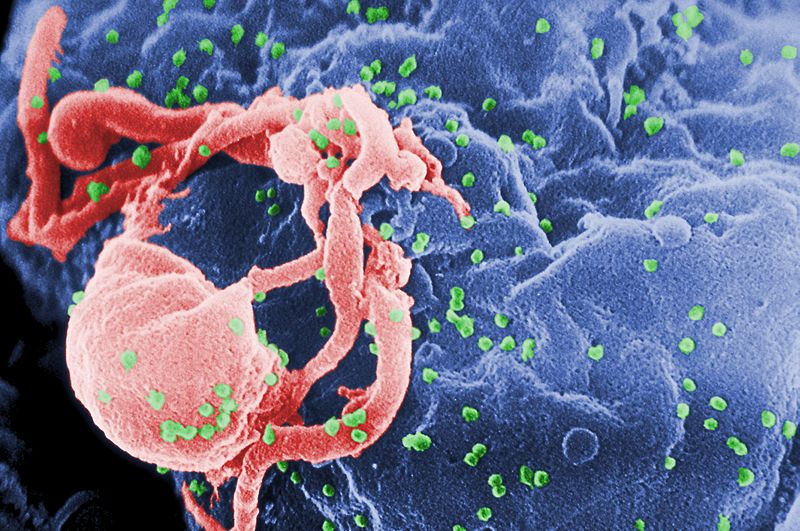FDA approves twice-yearly resistant HIV therapy from Gilead

Gilead Sciences has claimed FDA approval for Sunlenca, a therapy from Gilead Sciences for people with multidrug-resistant (MDR) HIV infection that only needs to be taken twice a year, at the second time of asking.
Sunlenca – based on HIV capsid inhibitor lenacapavir – is intended as an add-on to current treatment for the infection. In trials, 81% of participants taking the regimen achieved HIV RNA suppression, where levels of HIV were low enough to be considered undetectable after six months, with 83% showing continued suppression in viral load after a year.
The drug was rejected by the US regulator earlier this year, a few months after the programme was placed on a clinical hold amid concerns about the drug's manufacturing, specifically issues related to the possibility of sub-visible particulate contamination from the borosilicate glass vials that were originally used to produce the drug.
Gilead swapped to an alternative vial made from aluminosilicate glass and refiled the drug in June, after the clinical hold was lifted. It also secured EU approval for Sunlenca in August, becoming a new option for patients struggling to control HIV using standard antiretroviral therapy (ART).
The injectable therapy will compete with Rukobia (fostemsavir) from ViiV Healthcare, Gilead's biggest rival in the HIV market, which was approved for MDR HIV by the FDA in 2020. Rukobia is dosed orally every day, and Gilead reckons that an injection every six months could improve compliance.
"An effective antiretroviral regimen can be devised for most people living with the virus; however, some people living with HIV no longer have durable viral suppression, due to resistance to multiple classes of antiretroviral therapies," said Sorana Segal-Maurer, of Weill Cornell Medicine, who was the site principal investigator for the CAPELLA trial that underpinned Sunlenca's approval.
"The availability of new classes of antiretroviral drugs is critical for heavily treatment-experienced people with multi-drug resistant HIV," she added. Lenacapavir is the first and so far only capsid inhibitor to reach the US market.
Gilead also intends to extend the use of lenacapavir into additional and larger patient settings, including the general HIV-positive population, as well as for pre-exposure prophylaxis (PrEP) among people who have sex with HIV-positive partners.
Analysts at RBC Capital markets have previously predicted that lenacapavir could become a $4 billion blockbuster if it gets a green light across all its planned indications. ViiV made £45 million ($54 million) from Rukobia in 2021, rising to £56 million in the first nine months of 2022.
Broader use could bring lenacapavir into competition with ViiV's long-acting injectable Cabenuva (cabotegravir/rilpivirine), partnered with Johnson & Johnson, which is delivered monthly as an alternative to daily ART and was recently approved for use without an oral lead-in period.













